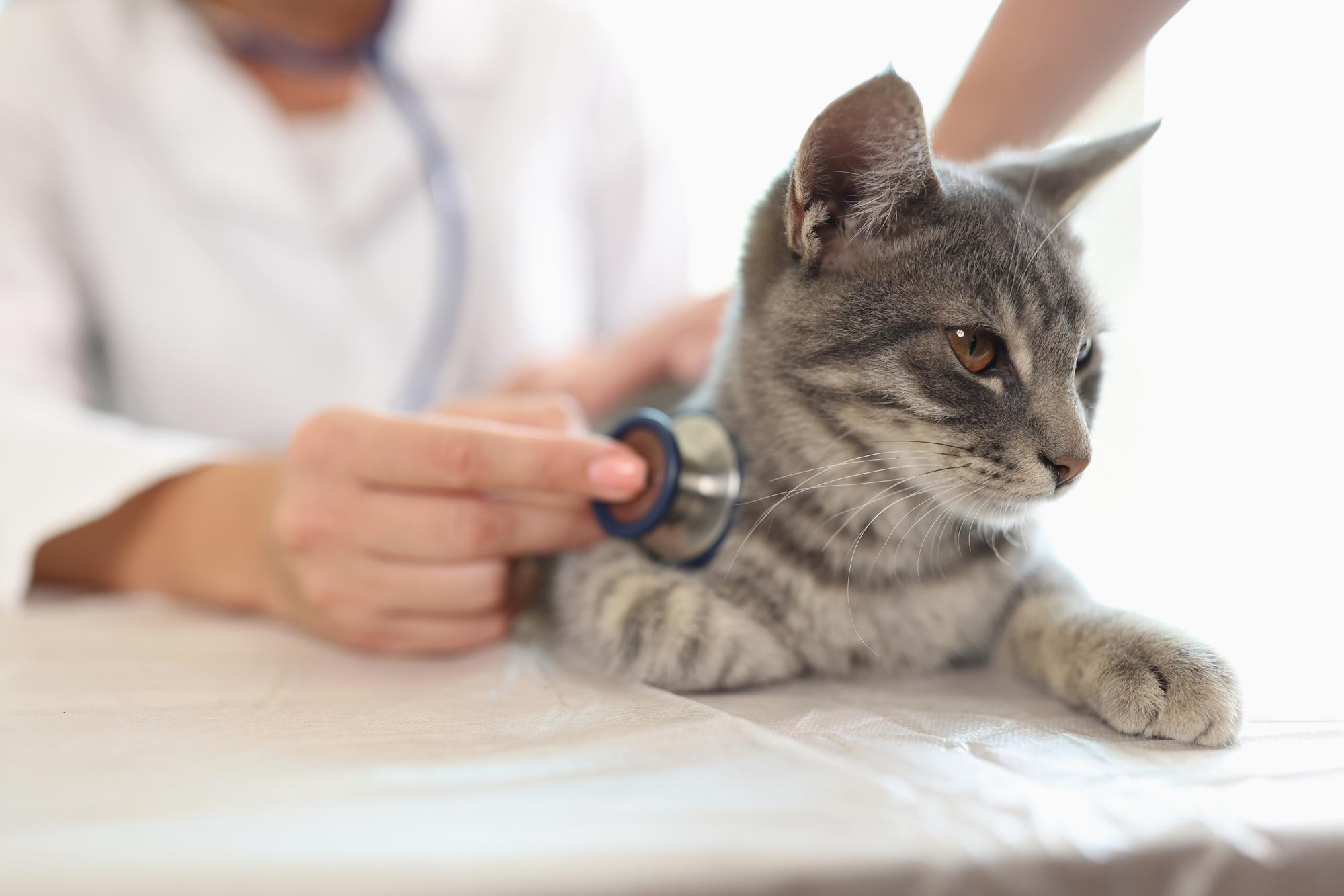Adopting dogs and cats is a dream many Canadians share, and it’s truly heartwarming to see families opening their hearts and homes to new pets every day. Today, more often than ever before, these new furry family members are arriving from tropical countries. At Hastings Veterinary Hospital, we understand that welcoming a pet from a tropical country comes with its own unique challenges and extra considerations. That’s why we strive to provide guidance to pet owners before they adopt dogs and cats from these countries, in order to establish good health and well-being for everyone involved.
One thing that we can’t ignore is the growing concern about imported dogs and cats coming from countries with endemic tick-borne diseases. As veterinarians, we prioritize the health and safety of all pets first. It’s crucial to address the needs of these animals upon their arrival in Canada.
In this blog, we will outline the significance of the following details:
- The need for immediate veterinary care for pets arriving from tropical regions
- The risks associated with latent infections and disease transmission
- The challenges posed by lack of medical information and history
We will also discuss the new import requirements set by the Canadian Food Inspection Agency (CFIA) in order to best look after the well-being of these animals.
Please keep in mind that this article was written based on the information we had available in May 2023 and the Canadian Food Inspection Agency will always be your official source of information for importing pets to Canada.
Here are 10 things you need to do to guarantee the well-being of dogs and cats imported from tropical countries.
1. Immediate Veterinary Care Upon Arrival
When pets are imported from tropical countries, it is vital to have them seen by a veterinarian as soon as possible. Immediate veterinary care allows for a thorough examination and assessment of their overall health. At Hastings Veterinary Hospital, we strongly recommend scheduling a visit with one of our experienced veterinarians immediately after your pet’s arrival to ensure their well-being and address any potential health issues.
2. Risks of Latent Infections
Pets from tropical countries may carry latent infections that can become active once they arrive in Canada. These infections may not be apparent at first, and early detection is crucial for effective treatment. Our veterinarians have experience in diagnosing and treating various infectious diseases, including those commonly found in tropical regions. By conducting thorough screenings and diagnostic tests, we can identify and address latent infections to prevent them from causing harm to your pet and other household pets.
3. Transmission of Disease to Other Household Pets
Imported pets from tropical countries can pose a risk to other pets in your household if they carry infectious diseases. Tick-borne diseases, for example, can be transmitted from an infected pet to other animals through tick bites. It is essential to keep newly imported pets separate from other pets until they have been thoroughly examined and cleared by a veterinarian. Our team can provide guidance on the appropriate quarantine procedures to protect the health of all your pets.
4. Lack of Medical Information and History
One of the challenges with importing pets from tropical countries is the lack of available medical information and history. Many pets may have been rescued or come from uncertain backgrounds, making it difficult to determine their vaccination status, parasite control, and overall health history. Our veterinarians are experienced in dealing with these situations and can develop tailored healthcare plans for your newly imported pet. We will recommend necessary vaccinations, parasite control measures, and diagnostic screenings to ensure your pet’s well-being.
5. New Import Requirements by CFIA
The Canadian Food Inspection Agency (CFIA) has implemented new import requirements to address the health and welfare concerns associated with commercial shipments of puppies entering Canada. These requirements apply to puppies under eight months of age imported for commercial purposes, including breeding, sale, and adoption through animal welfare organizations. Some of the key requirements include:
- Single shipment permits: Importers can no longer bring in multiple shipments of dogs under one permit. Each shipment requires a new permit.
- Certification of kennels: Dogs must come from kennels certified by an official veterinarian in their country of origin, meeting specific animal health criteria specified by the CFIA.
- Vaccination and parasite treatment: Dogs must be vaccinated for rabies at least 28 days before arrival and treated for internal and external parasites.
- Pre-approved quarantine facility: Importers must have a pre-approved quarantine facility available for dogs arriving by air.
Please refer to the CFIA guidelines for their import requirements.
Health comes first
At Hastings Veterinary Hospital, we prioritize the health and well-being of pets imported from tropical countries. It is essential to seek immediate veterinary care upon their arrival to address any potential health issues and ensure a smooth transition into their new environment. With the new import requirements set by CFIA and our experienced team of veterinarians, we are well-equipped to provide the necessary care and support for these pets.
By following the recommended steps and working closely with our veterinary team, you can ensure the well-being of your newly imported pet from a tropical country.
Here are some additional tips to consider:
6. Quarantine and Isolation
It is crucial to follow the quarantine and isolation guidelines provided by our veterinarians. This helps prevent the spread of any potential infectious diseases to other pets and ensures the health and safety of your entire household.
7. Regular Check-ups and Monitoring
Schedule regular check-ups with our veterinarians to monitor your pet’s health and progress. These appointments will allow us to assess their overall condition, address any emerging health concerns, and provide preventive care measures.
8. Vaccinations and Preventive Treatments
Based on the individual needs and medical history of your imported pet, our veterinarians will recommend the appropriate vaccinations and preventive treatments. This may include vaccinations against diseases common in tropical regions, as well as ongoing parasite control measures.
9. Behavioural and Environmental Adaptation
Pets coming from tropical countries may need time to adjust to their new environment. Our veterinary team can offer guidance on behavioral and environmental adaptation to help your pet feel comfortable and secure in their new home.
10. Education and Awareness
Stay informed about the specific health risks and concerns associated with pets from tropical countries. Our veterinarians can provide educational resources and guidance on how to best care for your imported pet, including tips on nutrition, exercise, and overall well-being.
Remember, the well-being of your newly imported pet depends on early veterinary care, regular check-ups, and appropriate preventive measures. At Hastings Veterinary Hospital, we are committed to providing the highest standard of care for all pets, including those imported from tropical countries. Our experienced veterinarians are here to support you and ensure the health and happiness of your beloved pet.
If you have recently imported a pet from a tropical country or are planning to do so, we encourage you to schedule an appointment with our veterinary team. Together, we can provide greater well-being for your new pet and the best possible start in their new home.
For more information regarding adopting pets from outside of Canada, please refer to our blog post: Guidelines for Pet Parenting and Pet Adoption.
Creative Commons Attribution: Permission is granted to repost this article in its entirety with credit to Hastings Veterinary Hospital and a clickable link back to this page.






